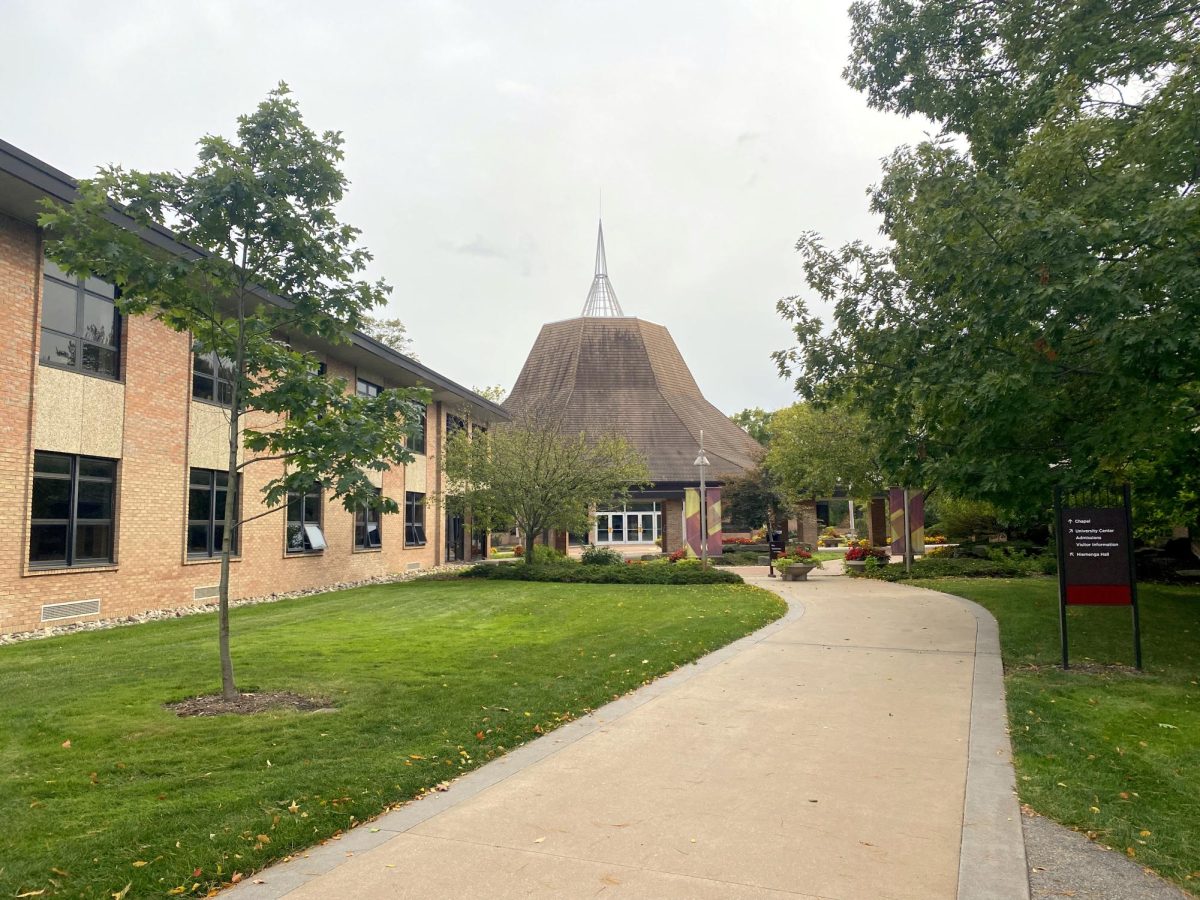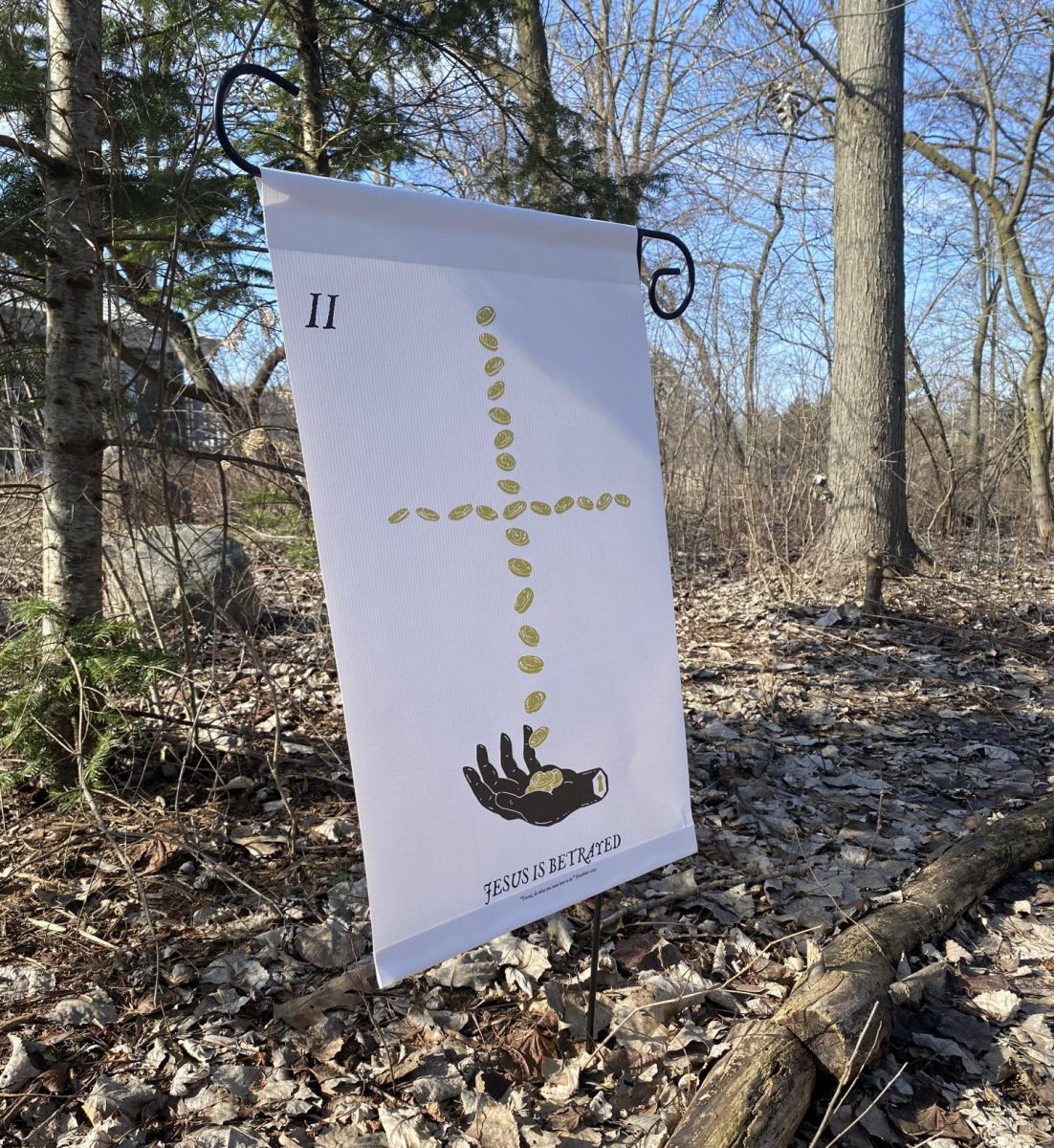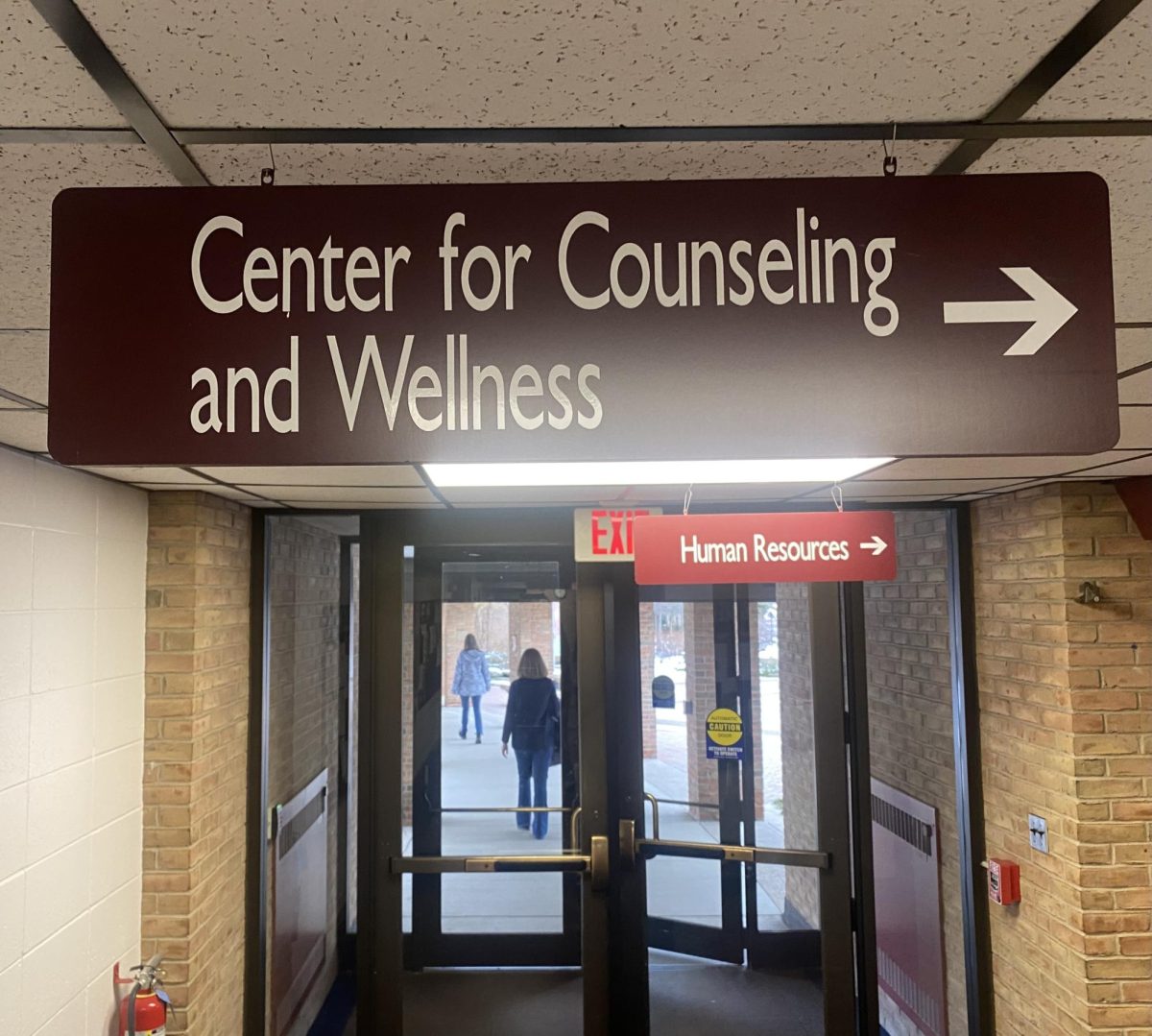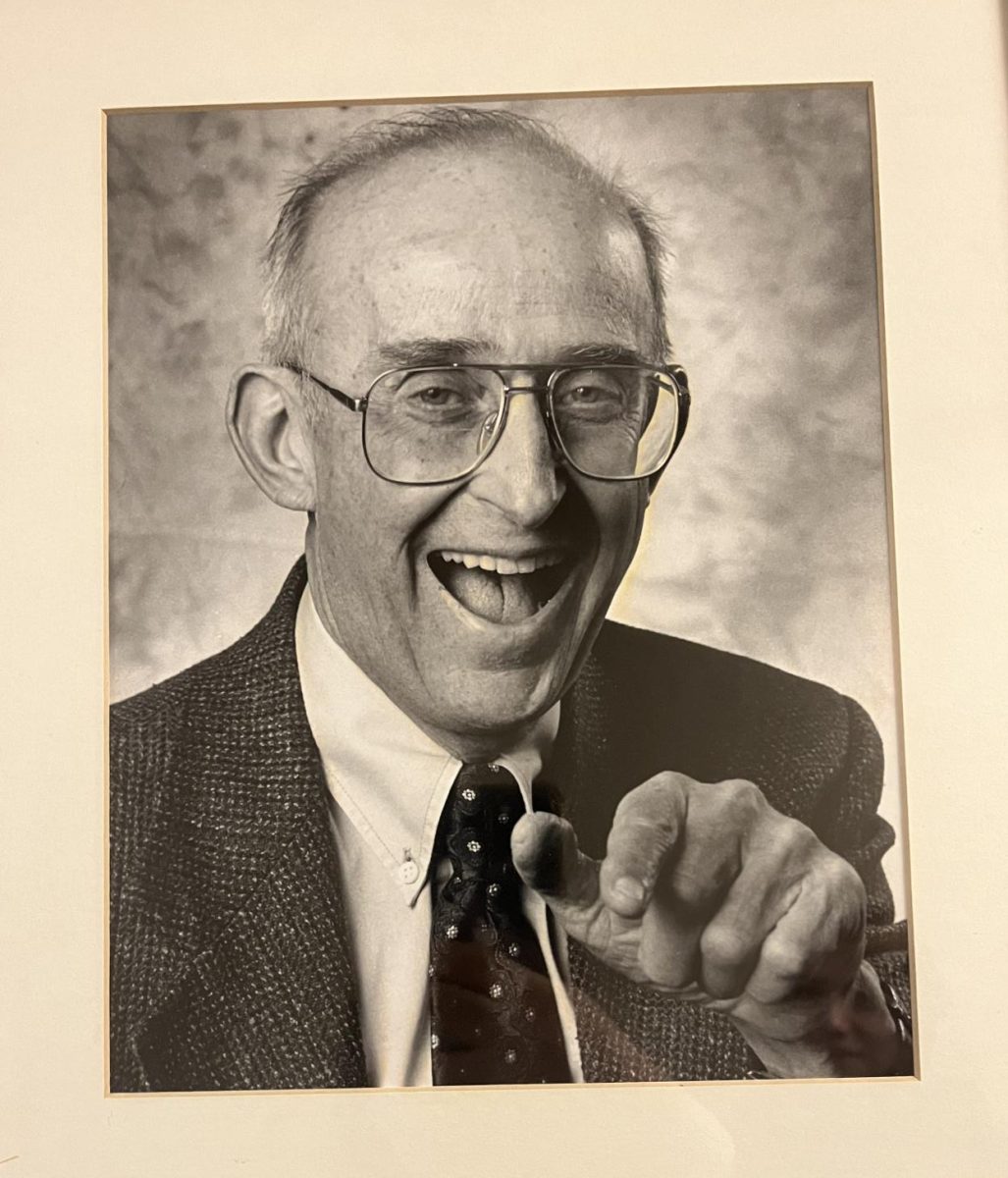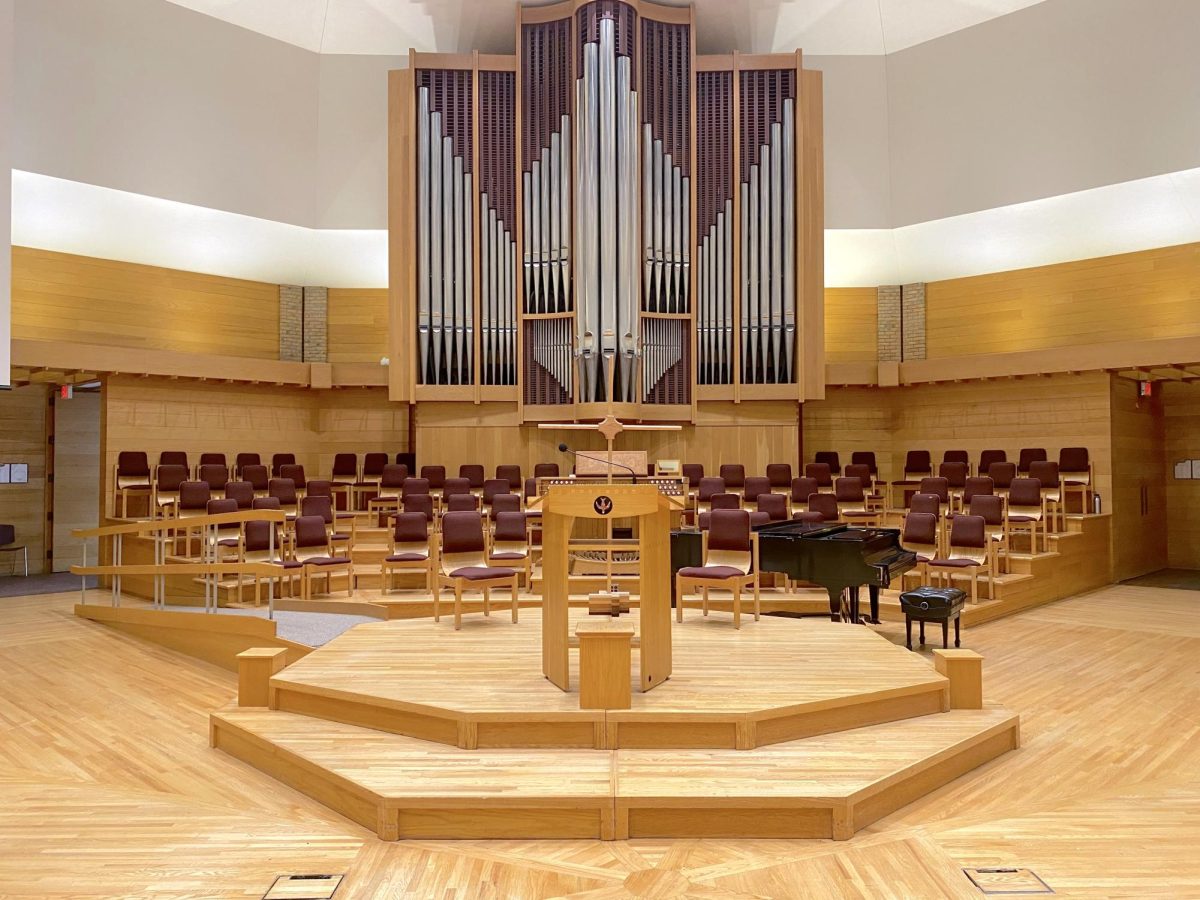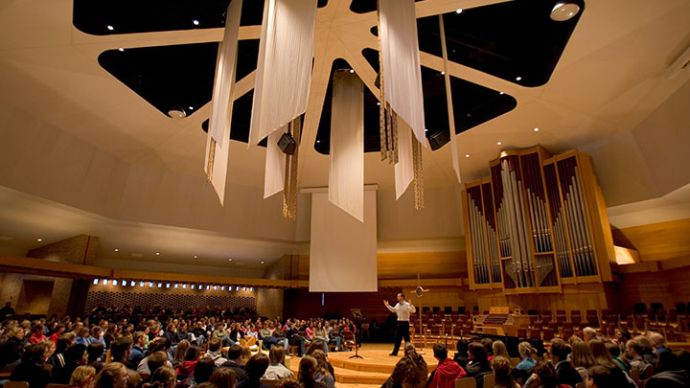The Nov. 8 typhoon in the Philippines, which resulted in more than 3,600 deaths and displaced two million people, has hit especially close to home for more than 25 Calvin students who have direct ties to the country.
Freshman Jade Acosta, born in the Philippines, has a brother and sister-in-law who live south of Tacloban, the city in Central Philippines most affected by the storm. Her uncle also lives near where the storm made landfall.
“My uncle’s school in Leyte is completely damaged,” Acosta said. “While the storm was coming, my uncle, my cousin and his family were taking shelter in the kitchen while the tin roofs were being blown away.”
Acosta talked about the magnitude of Typhoon Haiyan, locally named Yolanda.
“Despite the fact that typhoons … frequently hit the Philippines, Yolanda was the strongest,” she said.
The Weather Channel called Yolanda the most powerful storm to ever make landfall. Wind speeds reached 220 mph as the typhoon raked the Central Philippines.
In response to the disaster, a grieving community of 60 students gathered Friday in the Chapel Undercroft for a prayer service planned by junior Emily Holwerda.
Holwerda lived in Tacloban for eight years. After reading through Facebook messages and seeing how the storm had affected her friends at Calvin and in the Philippines, she felt compelled to respond.
“A good place to start is prayer,” said Holwerda, reflecting on why she planned the event.
Students with ties to the Philippines led prayers asking that the government would handle the crisis efficiently, that the lootings and violence in Tacloban would stop and that roads would be cleared so medical and food aid would reach those who need it most.
For most students at the service, the super typhoon that pummeled the Central Philippines was more than a news story — they could relate firsthand.
Sophomore Su Choi talked about her past experience. She grew up in Manila, a city in the Northern Philippines.
“We lose power,” Choi said, “which means there is no way we can get weather forecast updates. It’s quite intimidating to not know how long it will rain, especially when you see the rain coming into your house. [We stay] on the second floor, looking at our furniture [on] the first floor floating around.
There is not much we can do except pray.”
Choi said the devastation of a typhoon is something many students cannot understand.
“People who haven’t gone through [a typhoon] have no idea how bad it is,” Choi said. They might think, this many people died and then, that’s it … Many people are worrying, but at the same time, they don’t know what it’s like.”
J.D. Rocha, a junior who was born and raised in the Philippines, has close connections to Tacloban, and he was clearly shaken up by the disaster.
“A few friends of mine are still looking for their family,” Rocha said. “[Another] friend of mine is trying to get his family out of Tacloban.”
Rocha transferred to Calvin from the University of the Philippines and his siblings still live in Luzon, a northern part of the Philippines less affected by the storm.
Rocha said he desperately wants to go back to the Philippines and offer his support, but he is unable to go for financial reasons.
“All I can do is hope in God and in what he can do,” Rocha said.
Despite the despair that often follows a typhoon in the Philippines, Kurt Delos Trino, originally from Makati, Northern Philippines, wanted students to know that the Philippines are not simply the helpless country often seen in the news.
“We’re strong people,” Trino said. “Every year we have storms, but we’re always helping each other out. Family by blood or not, we treat you as family.”
Holwerda echoed this sentiment.
“[The Philippines] needs economic help,” she said, “but there is much more to the Philippines despite the destruction.”
“The Philippine spirit does not drown,” said one prayer leader during the service.
But for students connected with the Philippines, such expressions of hope do not curb the sadness. Though Acosta’s family was not injured by the storm, she still mourns the tragedy of the disaster.
“My heart is crying for my people,” she said.





